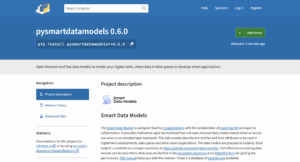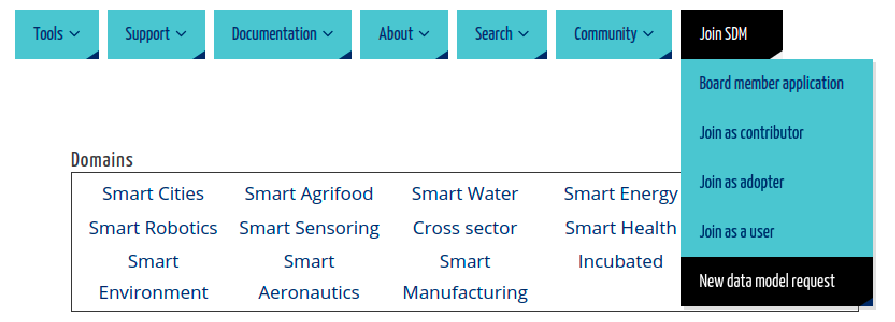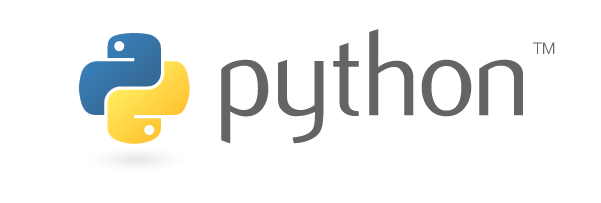Hopefully you have unnoticed about several structural changes this weekend that has happen at SDM.
Database of attributes,
Now there are several additional information included.
— A unique id for every attribute of a version of a data model (i.e.
— The link to the parent’s attribute (whenever there is a parent) context link (i.e. https://smartdatamodels.org/address)
— The unique id of the parent attribute (whenever there is a parent) (i.e.
— The @context link of the attributes pointing to an existing web page with some details about the attribute (i.e. https://smartdatamodels.org/postOfficeBoxNumber)
Specifications
Now the second level of attributes is available in the specification document for all the languages (i.e. https://github.com/smart-data-models/dataModel.User/blob/master/Activity/doc/spec.md)
Context file
Now the second and subsequent levels of the attributes have URI entries in the @context included in the file context.jsonld file in every subject (i.e. https://github.com/smart-data-models/dataModel.Environment/blob/master/context.jsonld)
The URI of the data models points to a existing web page (i.e. https://smartdatamodels.org/dataModel.Environment/ambientNoiseTSA)
Besides this we welcome a new member of the SDM team, Rihab Feki.

questions/suggestions to info@smartdatamodels.org








